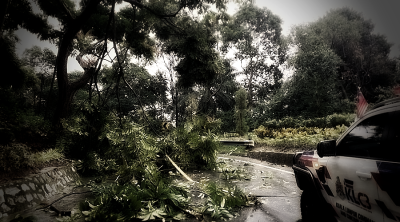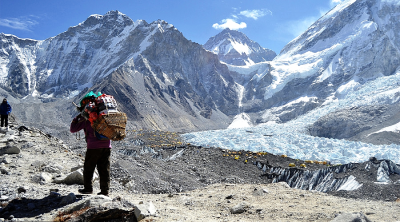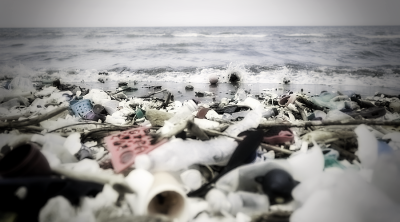By Anais Llobet
NICOSIA (AFP) — “We have 340 sunny days per year,” Georgia Mouskou said, as sunlight streamed through her windows. “But we’re still not betting on renewable energies in Cyprus.”
Faced with her skyrocketing electricity bill, Mouskou says she wants to “rent a plot” to install solar panels.
Like Mouskou, rising energy costs and environmental concerns have caused residents of the east Mediterranean island to see solar power as an obvious option.
In the past year, the number of solar panels increased by 16 percent, according to the Electricity Authority of Cyprus (EAC).
But Cyprus is still struggling to increase its use of renewable power.
In 2019, just 13.8 percent of its energy came from solar and wind energy, well below the 19.7 percent European average, according to Eurostat figures.
Cyprus hopes to boost its share of renewable energy to 23 percent by 2030 as part of its National Energy and Climate Plan.
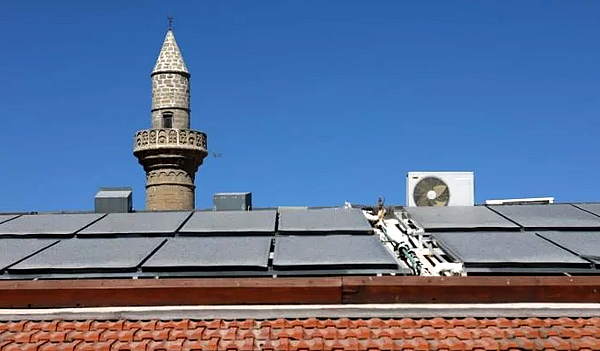
Heavy polluter
But a shift to green power faces many hurdles.
“The problem is renewable energies are unpredictable,” said Markos Asprou, an electricity specialist at the University of Cyprus’ KIOS research center. “In case of shortfall, you need to be able to act.”
Cyprus, which lies some 800 kilometres (500 miles) from the Greek mainland, its nearest EU neighbor, does not have a nearby national power network that can at present bail them out in an emergency.
In 2011, the island’s main Vasilikos power plant on the island’s southern coast was damaged by a massive explosion on a nearby naval base.
For weeks, Cyprus suffered frequent power cuts.
Vasilikos, a 1,478 megawatt oil-powered station using imported diesel and heavy fuel, covers nearly two-thirds of Cyprus’ needs, placing it among the worst EU nations for its use of fossil fuels in producing energy.
In the control room of the plant, co-director George Moniatis points to an empty column on his screen indicating the absence of wind energy.
“What do we do if there’s no wind?” he said. “It’s very difficult. We can only rely on ourselves.”
To overcome its isolation, Cyprus has struck the costly EuroAsia Interconnector deal to link the electricity grid of Cyprus with Israel and Greece.
In October Cyprus also signed a deal with Greece and Egypt to transfer electricity through lines connecting the three countries.
Covid-19 times aside, the island of 800,000 inhabitants must also grapple with, on average, some four million tourists annually, concentrated in the hotter summer months.
Energy needs on the island surge from 300 megawatts in the spring to 1,200 megawatts in the sweltering summer heat, Moniatis said.
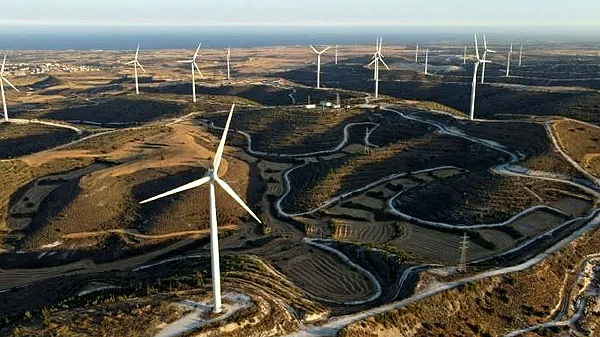
‘Switching lifestyles’
But renewable energy doesn’t offer the adaptability to meet these needs, he added. Methods for storing renewable energy do exist but they are complicated and costly.
“People want to sleep with their AC (air conditioner) on, but you don’t have solar energy during the night,” Moniatis continued.
But relying on fossil fuels has hit the pockets of consumers.
A kilowatt-hour cost 16.97 cents at the end of 2020, but soared to 21.78 cents in August, according to the EAC.
“With this bill, I got completely caught off guard,” Mouskou complained. “It affected our budget for the next few months.”
Despite her support for green energy, Mouskou says she cannot at present afford the cost of switching to solar panels.
“Even with state aid, it is impractical for us,” she said.
But some in Cyprus have found green energy is possible, seeing it as the future.
At Chirokitia, close to the giant power station, Melissa Ahearn has been living off the grid with her partner for almost a year using solar panels.
“When it comes down to switching to this new lifestyle, you realize you don’t need anything,” the former forex broker said. “Four light bulbs, a phone charger and the computer battery, that’s all.”
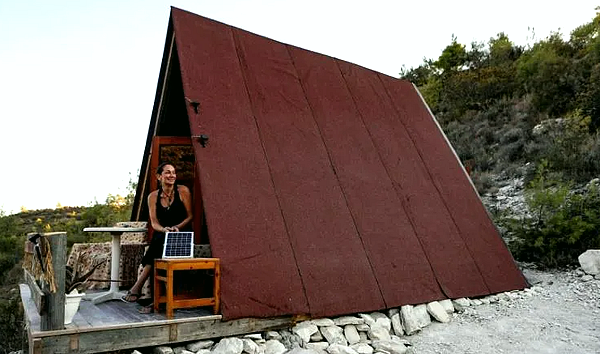
ADVERTISEMENT
ADVERTISEMENT







